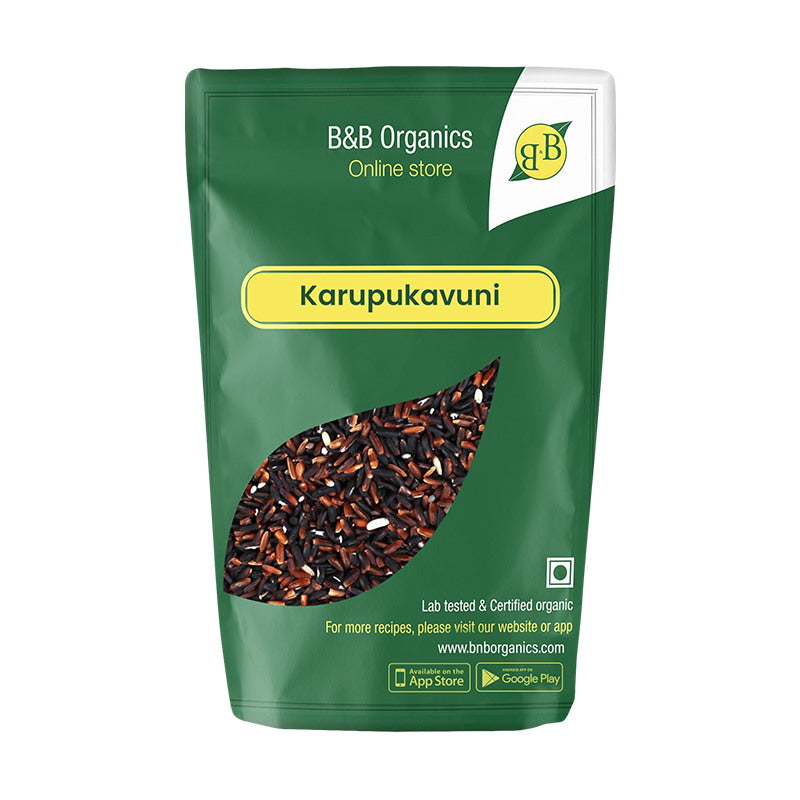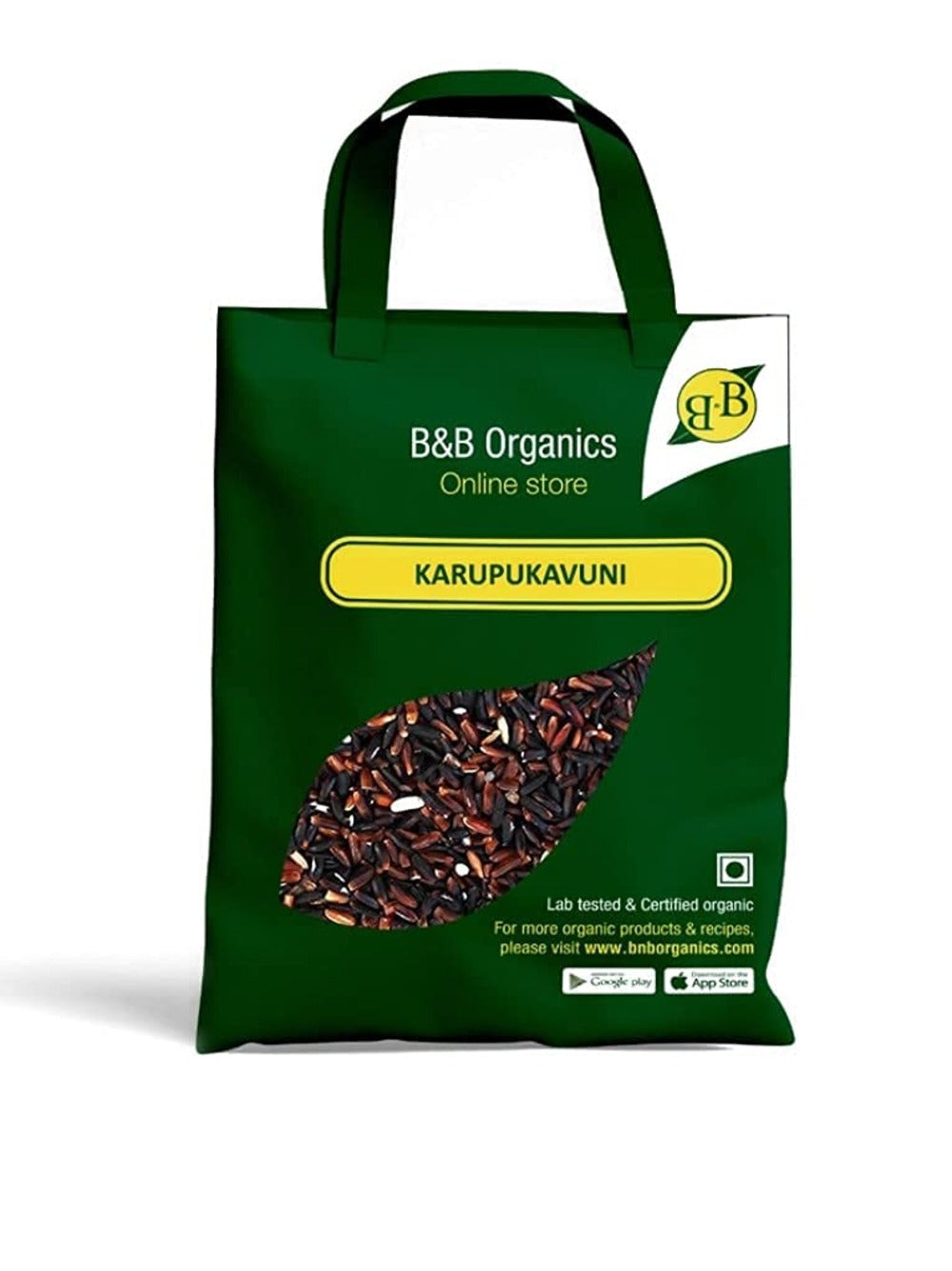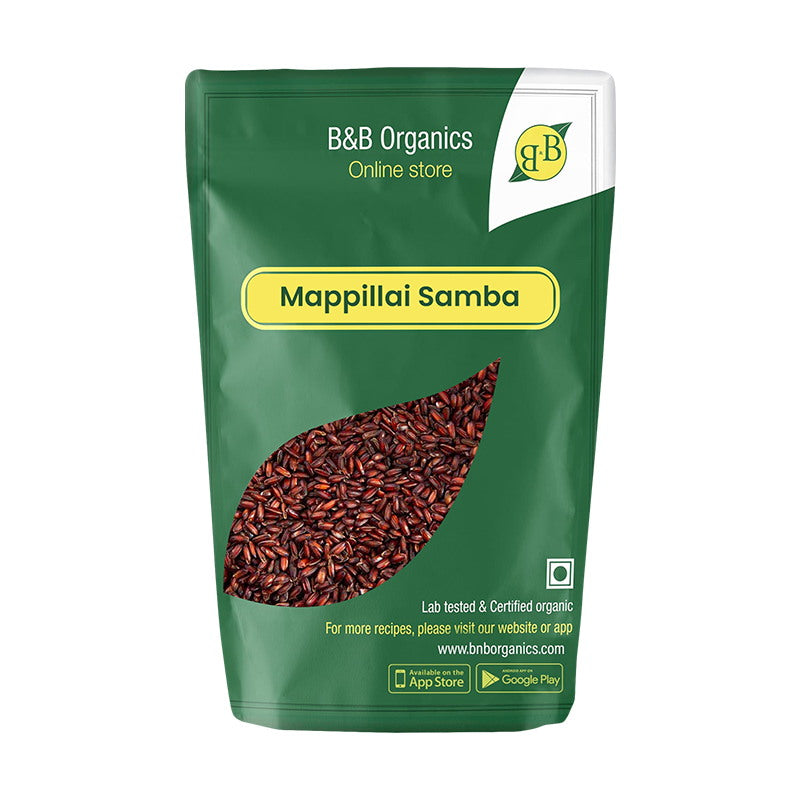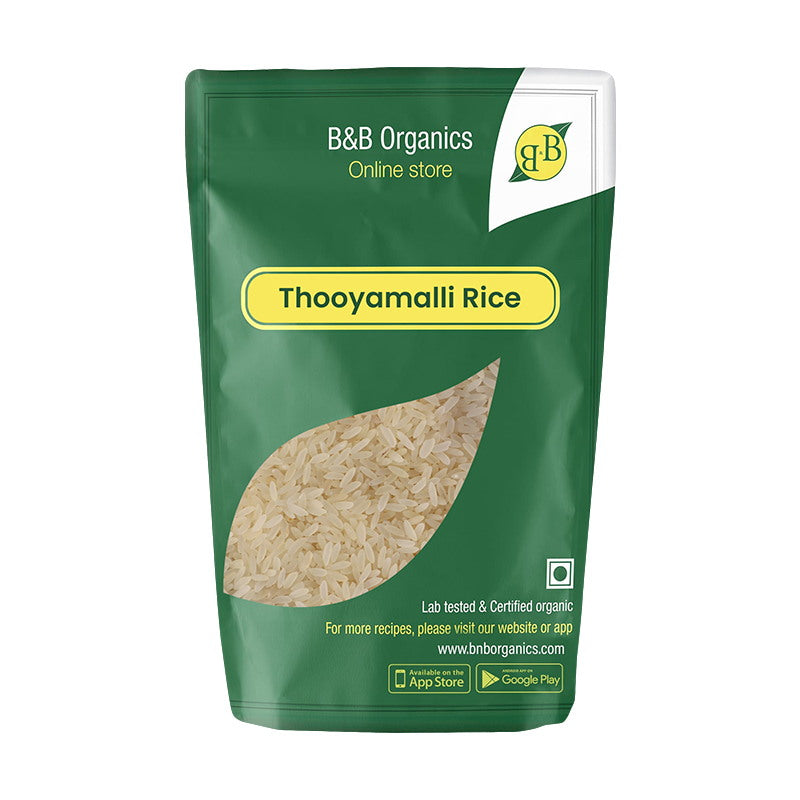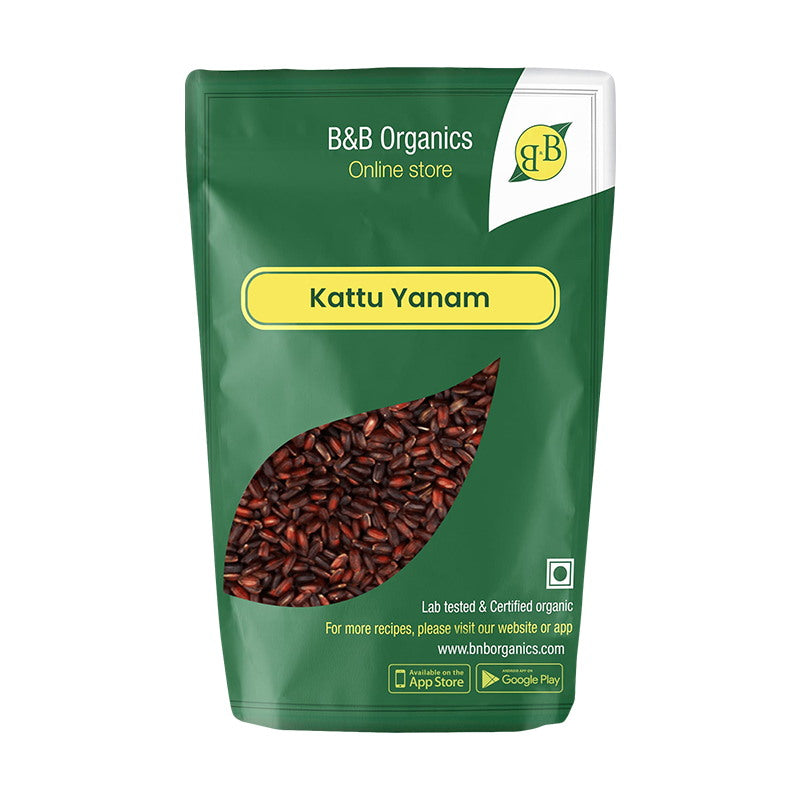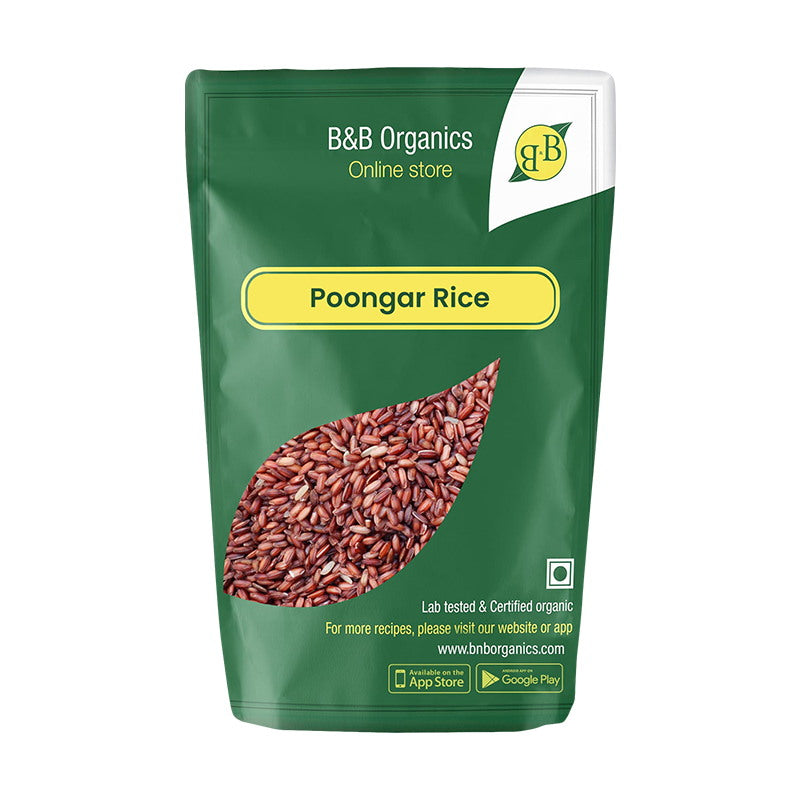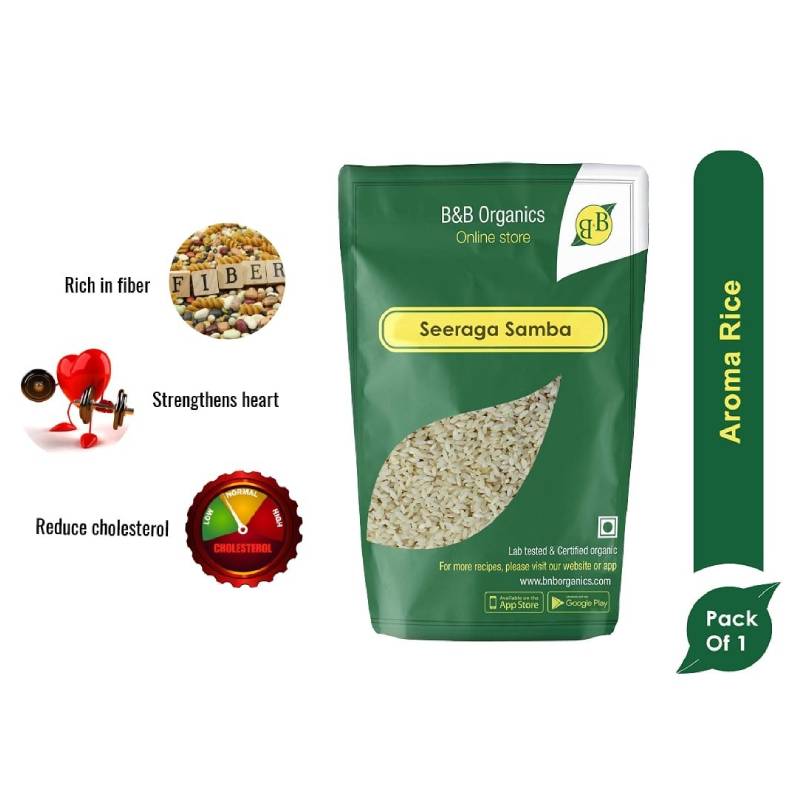Sesame oil is an edible vegetable oil inferred from sesame that is frequently used as a food product in Chinese, Japanese, and Middle Eastern cuisines.
A healthier option to a variety of cooking oils, sesame oil has a unique nutty taste and offers a variety of benefits over other oils.
The Pedaliaceae family of seedlings contains sesame seeds, which are rich in proteins, Vitamin b, and antioxidants.
2 varieties of sesame oil:

Sesame oil comes in two varieties, which are:
Obtained from raw seeds:
The flavor is gentle and neutral, and the presence is light.
Using toasted seeds:
Have a darker appearance and a richer, nuttier flavoring.
Sesame oil Benefits:
Cooking:
You can stir fry, stir-fry, bake, and dress a salad with sesame oil. Salt, pepper, or sauce can be used to season food.
Hair:
-
Promotes Hair Growth - Sesame oil is rich in vitamin E, antioxidants and nourishing fatty acids. Massaging it into the scalp and hair can boost circulation, stimulate hair follicles and increase thickness.
-
Fights Dandruff - The antibacterial and anti-inflammatory properties in sesame oil help battle fungi, bacteria and inflammation that can lead to dandruff.
-
Reduces Split Ends - The vitamin E and other antioxidants help minimize oxidative damage from free radicals that can cause split ends and breakage.
-
Adds Shine - The fatty acids help lock in moisture and strengthen the hair cuticles to leave hair looking smoother and shinier.
-
Prevents Premature Greying - Sesame oil is rich in compounds like melanin that help retain natural hair color and minimize greying.
Skin:
-
Moisturizes Skin - Sesame oil absorbs well and forms a protective barrier that seals in hydration and keeps skin supple.
-
Fights Acne - Applying sesame oil can help inhibit growth of acne-causing bacteria. The oil also reduces inflammation and redness.
-
Heals Cracked Heels - Using sesame oil on the heels softens and moisturizes dry, cracked skin to gradually repair even severe heel fissures.
-
Soothes Eczema - Sesame oil's anti-inflammatory and antibacterial properties help relieve itching and redness caused by eczema.
-
Provides UV Protection - Sesame oil is a natural broad spectrum sunscreen. It absorbs UV rays and its antioxidants fight sun damage.
Face:
-
Prevents Premature Aging - Sesame oil is rich in antioxidants like sesamol that fight skin cell damage from free radicals caused by pollution and sun exposure. This helps slow premature wrinkling and aging.
-
Reduces Dark Circles - Gentle massage with sesame oil boosts circulation under the eyes to help minimize dark shadows.
-
Treats Dry Eyes - Applying a small amount of warm sesame oil to eyelids at bedtime hydrates dry, sore eyes and provides soothing relief.
-
Removes Makeup - Sesame oil effectively breaks down and dissolves even waterproof eye and face makeup for easy removal.
-
Minimizes Puffy Eyes - The anti-inflammatory properties help reduce fluid retention and puffiness under the eyes.
Teeth:
-
Oil Pulling - Swishing sesame oil in the mouth draws out toxins, bacteria and plaque to leave you with healthier teeth and gums.
-
Relieves Toothache - Thanks to its antibacterial and pain-relieving properties, sesame oil can temporarily alleviate toothache pain when applied to the affected tooth.
-
Heals Mouth Ulcers - Sesame oil creates a coating over mouth ulcers, reducing irritation and speeding up healing time.
-
Treats Bleeding Gums - The vitamin E helps heal and strengthen capillaries in the gums that can cause sensitivity and bleeding.
-
Prevents Cavities - Sesame oil contains compounds like sesamol and sesamin that have been found to inhibit growth of dental caries bacteria.
Oral:
-
Lowers Blood Pressure - The zinc, magnesium and fatty acids in sesame oil help lower blood pressure levels, especially for those with hypertension.
-
Improves Heart Health - Sesame oil raises good cholesterol levels and lowers total cholesterol, reducing plaque buildup and risk of atherosclerosis.
-
Regulates Blood Sugar - Research shows sesame oil can lower blood sugar levels and hemoglobin A1C in diabetics when consumed regularly.
-
Reduces Arthritis Pain - The anti-inflammatory effects of sesame oil have been found to decrease markers of inflammation and joint pain in arthritis.
-
Prevents Cancer - Sesame oil is rich in compounds like phytate, magnesium and phytosterols that have anti-cancer effects and can reduce tumor cell proliferation.
-
Boosts Circulation - As an excellent source of copper and zinc, sesame oil helps boost the production of red blood cells and improves blood flow.
-
Supports Strong Bones - The zinc promotes bone mineral density, while the magnesium improves calcium absorption for healthy, strong bones.
-
Boosts Digestion - Sesame oil increases gastric juices supporting better digestion and preventing issues like constipation.
10 benefits of sesame oil supported by science:
Antioxidants:
Sesame oil contains phytosterols, vitamin E, and sesamol. Antioxidant properties reduce the damage that radicals do to cells. Diseases and inflammation can lead to a buildup of free radicals in the cells. It includes lignans, a material that assists in the body's protection against free radicals and diminishes the cell harm they cause.
Heart-healthy foods:
Omega-3 and omega-6 fatty acids, both polyunsaturated fats that assist in the prevention of cardiovascular disease and the accumulation of plaque in the arteries are found in sesame oil. The chance of developing heart conditions is reduced by reducing triglyceride levels and increasing high-density lipoprotein levels.
Reduces blood pressure:

Zinc, magnesium, and iron, and are minerals discovered in sesame seeds that may assist in the production of red blood cells as well as improve metabolic activity and blood flow. Blood pressure may be reduced by polyunsaturated fats, vitamin E, sesamin, and sesamol.
Inflammatory-reducing qualities:
The skin is shielded from numerous fungi and bacteria by selenium, which also diminishes chronic inflammation. Obesity, cardiovascular disease, and kidney damage can all be linked to inflammation. Sesame oil has long been used in Taiwanese healthcare to soothe premenstrual cramps, cuts, and toothaches.
Treatment for arthritis and bone health:
Sesame oil might decrease arthritis-related pain and inflammation. It has vitamin K, which improves bone density. Sesame oil has been found to be an efficient arthritis remedy in rodent studies. However, research on humans is still required to show how this oil impacts arthritis.
Controls blood glucose levels:

Sesame oil may be essential in the long-term management of blood sugar, especially in diabetes patients. According to research, ingesting sesame oil for 90 days greatly decreased fasting glucose and hemoglobin A1c levels, which are markers of the persistent control of sugar.
Enhances hair health:
Sesame oil may help with hair fall preventative measures, reinforcing, and shining while conserving natural hair. Sesame oil's antibacterial properties can assist in the expulsion of pathogenic organisms or foreign bodies that could damage the scalp or hair.
Aids in the relief of stress, depression, and anxiety:
Tyrosine, an amino group discovered in sesame oil, is always demonstrated to significantly impact the brain's levels of serotonin. Ingesting sesame oil has been shown to enhance mood and decrease stress.
Stops sun damage:
As per research, sesame oil's antioxidant properties may protect the skin from UV ray harm. Sesame oil can prevent up to 30% of Ultraviolet radiation while other oils can only prevent up to 20%. In research, utilizing sesame oil directly to the skin may help shape a shield that shields the skin's UV rays.
Cosmetics aids:
Sesame oil is high in unsaturated fats, which contribute to minimizing skin damage and inflammation. It aids in enhancing skin softness and suppleness while reducing oxidative stress, which diminishes the looks of aging skin and premature aging. Sesame oil has occasionally been utilized to cure skin fungus illnesses.
3 additional potential advantages:
Possible anticancer properties:
According to research, sesame oil includes significant amounts of sesamol, lignan, and sesamin, which may help trigger apoptosis and halt the cancer cells from spreading in the scenario of colon cancer.
Increased metabolism and circulation:
Omega-3 fats that are abundant in sesame oil aid to enhance blood flow to the tissues and organs boosting a healthier life.
Might stop DNA deterioration:
Antioxidant activities of sesamol may assist in avoiding DNA damage brought on by radiation.




